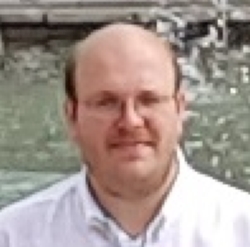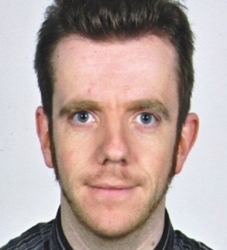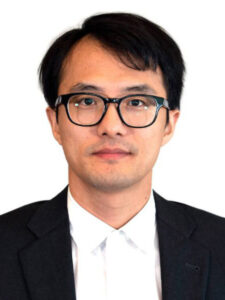Tutorials
1 – Data detectives – identifying data lean applications/services and methods of self defence

Robert Altschaffel
University of Magdeburg
Germany

Stefan Kiltz
University of Magdeburg
Germany
2 – Physiological forensics

Chau-Wai Wong
North Carolina State University
United States

Min Wu
University of Maryland – College Park
United States
Physiological signals have been playing important roles in our life. This tutorial will provide an overview of the recent development of physiological forensics. We shall focus on physiological sensing from non-conventional and opportunistic modalities, such as heartbeat signal from video without requiring contact, and the respective applications as well as security and privacy issues.
In the first part of the tutorial, we plan to introduce various types of signals and the methodologies of acquisition, extraction, and postprocessing in the context of physiologic forensics. We will examine through the lens of “micro signals” in terms of how cutting-edge signal processing and learning algorithms can deal with extremely low signal fidelity scenarios.
In the second part of the tutorial, we plan to introduce physiological applications in health monitoring, surveillance, media forensics and discuss security issues under adversaries and privacy implications. For example, we will examine how the blood volume signal can be exploited for deepfake detection, how it may be forged to circumvent the attribution of an individual, and how privacy concerns in data collection may be alleviated. We will also identify opportunities for the Information Forensics and Security (IFS) community to contribute to the cross-disciplinary research of physiological sensing and applications.
Chau-Wai Wong received his Ph.D. degree in electrical engineering from the University of Maryland, College Park in 2017. He is currently an Assistant Professor at the Department of Electrical and Computer Engineering and the Forensic Sciences Cluster, North Carolina State University. He was a data scientist at Origin Wireless, Inc., Greenbelt, Maryland. His research interests include multimedia forensics, statistical signal processing, machine learning, data analytics, and video coding. Dr. Wong received a Top-Four Student Paper Award from the 67th Annual Conference of the International Communication Association, Future Faculty Fellowship from the University of Maryland, and HSBC Scholarship and Hitachi Scholarship from the Hong Kong Polytechnic University (PolyU). He was the General Secretary of the IEEE PolyU Student Branch from 2006 to 2007. He was involved in organizing the third edition of the IEEE Signal Processing Cup in 2016 on electric network frequency forensics that was the first SP Cup effort on forensics and endorsed by the IEEE IFS Technical Committee.
[URL: https://people.engr.ncsu.edu/cwong9/]
Min Wu is a Professor of Electrical and Computer Engineering and a Distinguished Scholar-Teacher at the University of Maryland, College Park (UMD). She is currently serving as Associate Dean for Graduate Affairs for the University’s Clark School of Engineering. She received the B.E. degree in electrical engineering — automation and the B.A. degree in economics from Tsinghua University, Beijing, China, in 1996 with the highest honors, and her Ph.D. degree in electrical engineering from Princeton University in 2001. At UMD, she leads the Media and Security Team (MAST), with main research interests on information security and forensics, multimedia signal processing, and applications of data science and machine learning in health and IoT. Dr. Wu was elected as IEEE Fellow, AAAS Fellow, and Fellow of the National Academy of Inventors for contributions to multimedia security, forensics, and signal processing. She chaired the IEEE Technical Committee on Information Forensics and Security (2012-2013), and has served as Vice President – Finance of the IEEE Signal Processing Society (2010-2012) and Editor-in-Chief of the IEEE Signal Processing Magazine (2015-2017). She has been elected to serve as the 2022-2023 President-Elect of the IEEE Signal Processing Society.
